By Dr. S.G.S. Samaraweera
Formal education is considered a structured process that helps individuals acquire knowledge, develop skills, and shape attitudes through instruction, training, research, and experiment. It fosters critical thinking, analytical skills, creative imagination, intellectual maturity, practical competencies, social awareness, and emotional equilibrium. In that sense, education is vital for the development of the economy, society, and governance. Therefore, a country’s education is one of the fundamental factors that influences its future portrayal. In a universal sense, education can somewhat trigger the desired transformation of Sri Lanka, along with her sustainable, inclusive, and holistic development.
A well-streamlined educational system can help shape future leaders by developing their critical thinking, creative imagination, harmonious collaboration, precise communication, and efficient decision-making skills. That is how the products of education can be expected to promote innovation, teamwork, and self-worth while mentoring others to trust in the devolution of power, drive national development, and transform communities. But the education system in Sri Lanka still seems guided largely by rote learning instead of creative and analytic thinking. Education should nurture a leader by building skills critical for their future success in terms of problem-solving, collaboration, communication, and decision-making-and not merely memorization.
The blend of education with upward leadership components is thus important in raising the development of this nation. In furtherance of leadership into the education system, Sri Lanka can create human resources, interested in changing partners through a spirit of innovation, curiosity, and collectivity. While service-based initiatives, mentoring, sports, art, and social-exchange programs enhance self-confidence, accountability, and leadership skills in students for acknowledgment of various opportunities, progressive education, in turn, will prepare graduate students that are responsible look-forward leaders fully aware of their social responsibilities to national development.
The economy of a country is very much dependent on the people competency, which innovation and willing support development of a qualified and cultured workforce. These, consequently, support industrial development, sustainability, productivity, and competitiveness in the global market. Adequate manpower is basic in industries as it generates expertise and leadership, thus enabling effective contribution to economic growth and improvement of status. Education lays the foundation for training future leaders with technical and social skills to face professional challenges with utmost confidence and efficacy.
Sri Lanka could adapt successful educational policies toward the realisation of vocational aspirations that reaffirm the central role of research, entrepreneurship, and the alignment of education with market demand, much like Finland, Singapore, and Germany. With educational systems aligned with global standards, multinational companies, actively seeking highly qualified employees, may closely align their agendas with Sri Lanka’s future prospects. This may encourage a step toward bringing forth such initiatives and nurturing future entrepreneurs who may be less inclined to full-time employment but are focused on diversifying the economic base. Many countries such as Finland have successfully adopted such models, and Sri Lanka can use them in forming a globally competitive workforce. Furthermore, a better-educated workforce attracts foreign investment as multinational corporations seek trained manpower from various sectors: IT, engineering, healthcare, finance, etc. In addition to that, competent educational institutions, being the center of research and development (R&D) work, remain desirable to companies in the sedate sectors of the industry. Singapore is an example: here, innovation, entrepreneurship, and R&D thrive, further indeed creating an investment-friendly environment that serves as a true engine behind economic transformation-Sri Lanka should therefore take a cue from this.
A well-functioning education system nurtures creativity and innovation, the backbone of an economic breakthrough. If universities in Sri Lanka begin to train in entrepreneurship and extend opportunities for research, this country can enable innovation to flourish. The establishment of startup ecosystems in developed countries has added value by providing students access to the resources and support to develop and commercialize their ideas. Such an approach in Sri Lanka helps contribute to a new generation of entrepreneurs who will be less dependent on conventional employment steering the country toward diversification in its economy. Education is crucial for national development, fostering skilled professionals, responsible citizens, and visionary leaders. A sound education system can drive economic growth, social progress, and governance improvement. Whereas Sri Lanka needs to evolve from rote memorization to a modern critical thinking, problem-solving, and innovative system, the more aligned its education is with global standards, the better will Sri Lankan youth be able to compete globally, thus boosting the knowledge economy.
Investment in education is essential for economic growth and social equality. The educated and skilled labor force earns high incomes, creates expanded markets for consumers, and activates other industries, enhancing sustainable development. Education does eradicate poverty through enabling individuals to obtain a livelihood with sufficient income for improved living standards and financial security. It creates a balance between work and life along with mental health well-being, leading to job satisfaction and an overall sense of well-being. It provides the competitive workforce that enhances the competitiveness of industries in the international market. Strategic educational reforms should be undertaken in Sri Lanka in a manner focused on competency-based curricula, teacher training, and STEM education that will enable it to introduce the labor market requirements and long-term economic growth. Developing research and development and collaboration between industry and academia would allow Sri Lanka to become a knowledge-based economy. Education should build the managerial skills that allow people to develop programs in business, finance, and entrepreneurship. Modern teacher training and individualized student preparation for entrepreneurship outside the classroom are investments that can raise quality and generate productive education.
cation is a vast area, equally important in providing values, fostering social cohesion, and ensuring social inclusion for the development of society. It invests energy in directing learners toward self-awareness, equipping them with knowledge and skills, contributing to community and societal good endeavors. It is a vital pathway to achieve social equity and inclusion, alleviating the disparities in society through uplifting poorer communities. It is conducive to social mobility and disengaging society from suffering. Exposure to different viewpoints allows learners to better understand appreciation of different cultures, backgrounds, and options, which consequently enhances personal social capital and trust. Through education one inculcates democracy- meaning that he or she participates in governmental processes and movements for social justice. It makes one acquainted with his or her rights and duties, and political and economic structure of the state–thus he or she aids in the up-gradation of society. Education develops characters; it also develops qualities such as perseverance, versatility, helps curb down stress. Well-being becomes an important part of the amiable and active personality of a student leading to their graduation. Education is therefore supposed to be intertwined with social development; social inclusion, civic involvement, and mental well-being are a case in point through empowerment of societies initiated towards inclusion, cohesion, and resilience. Education infused with creativity and motivation will enable development of knowledge, skills, competencies of individuals as his or her contribution towards social well-being.
Sri Lankan education system now needs to give priority to STEM education, entrepreneurship, and digital literacy to provide its students with the tools that can cater to the needs of industries such as ICT, healthcare, agriculture, engineering, and finance. Engagement with the private sector will greatly enhance education and employment, thus fostering innovation and technology through student internships, mentorships, and scholarships. Universities must also invest in R&D, as can be seen in countries such as Finland, Singapore, and Germany. The importance of an education-led economy has been demonstrated by the examples of such countries in terms of attracting multinationals and offering high-quality job opportunities. On the other hand, building the educational system in Sri Lanka according to market needs in engineering, agriculture, technology, entrepreneurship, and digital literacy will create a bridge into the industry. Strong vocational training and modernized technical education will arm the Sri Lankan child with skills that can serve several industries.
Education should not merely enlighten the mind but rather cultivate an entrepreneurial mindset, with curricula incorporating financial literacy, business management, and entrepreneurship incubation to empower students to open their own businesses rather than relying on traditional wage employment. Universities should build business innovation hubs and startup incubators where students can have access to funding, mentoring, and technological resources while developing their problem-solving capacity through project-based learning and application in real-time.
Sri Lanka grudgingly creates room for a more competency-based education to foster creativity and analytical thinking through a bunch of class-based examination-driven assessments in place. Continuous assessment through project-based evaluation, public presentations, and problem-solving tasks empowers learners to apply their knowledge instead of rote learning. Interdisciplinary learning and experiential education should be encouraged to present learners with lived experience challenges. Education is a lifelong process that extends well beyond the confines of knowledge acquisition. Moreover, education brings about qualities of love, empathy, and leadership, which are very essential for one to develop personally and for the growth of society. This inspired Sri Lanka to develop a reform that not only enhances academic success but also instills such skills. Sri Lanka can on this broad, inclusive vision of education so that its future generations will be provided with the skills and competencies to sustain their place in society in a fast-changing world, both in terms of professional and personal choices. This will serve to build a more innovative, compassionate, and competent society.
Moving away from information-based to a competency-based system represents a paradigm shift in the promotion of creativity and analytical thinking. Through continuous and ongoing assessments-across project work, public presentations, and problem-solving students will then be able to apply their knowledge in real-life contexts, further training their minds for independent and innovative thought. Beyond this, interdisciplinary learning and experiential education would allow students to attach concepts across subjects, fostering their ability to apply learning to concrete situations and therefore prepare them to face real-life challenges with confidence. This shift will foster in them a generation of learners, which will grow up wise, adaptable, resourceful, and ready to make meaningful contributions to society.
Sri Lanka is at a pivotal point where its education system needs to be transformed completely to meet the demands of the 21st century. The paradigm shift must not only be aimed at modernizing schooling practices but also on promoting leadership, economic relevance, entrepreneurship, and social equity to produce a skilled workforce capable of powering on sustainable growth. A skill-based education system on a progressive curriculum, fueled by teacher training and R&D, would prepare students for the practicalities of tomorrow. In doing so, Sri Lankans can emerge as mentors in innovation, entrepreneurship, and holistic national development. The highly skilled and adaptable labor force trained in what would become the crucial education sector could later help develop sustainable growth for the nation that continues to do well in an increasingly complicated world environment. This will empower education to develop as a locomotive to bring Sri Lanka along the road to leadership in innovation, entrepreneurship, and all-round development. An investment like this will assure future generations of an entity with resilience and prosperity.
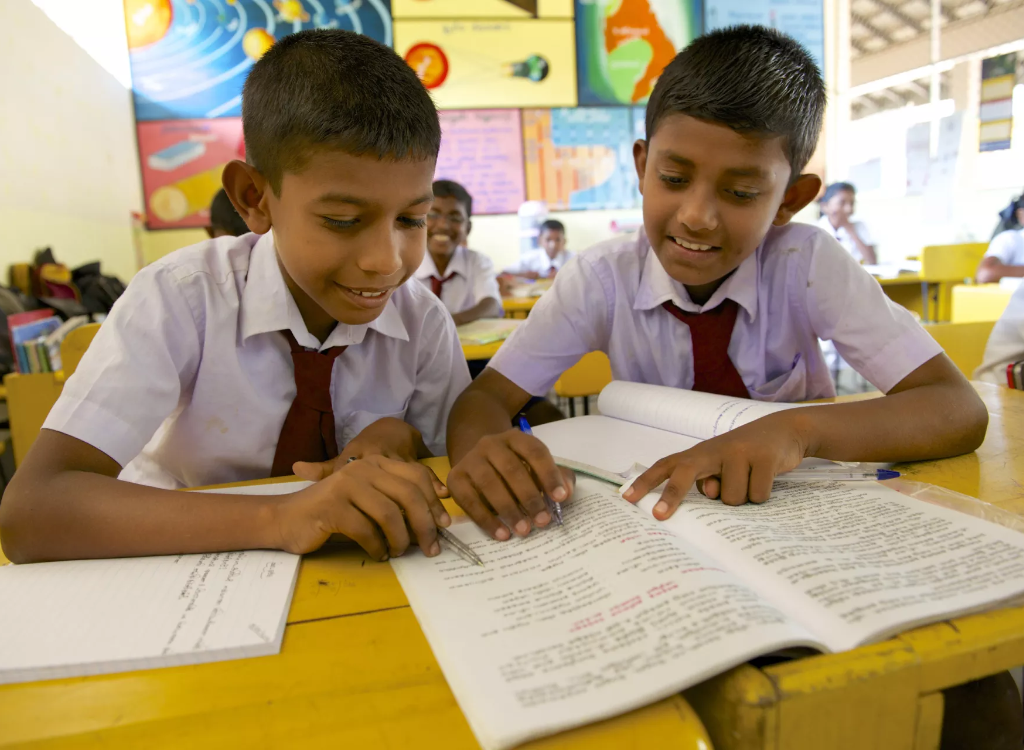


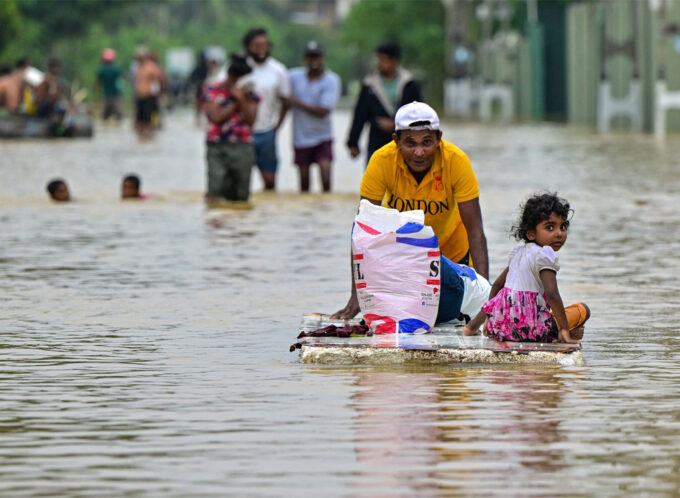
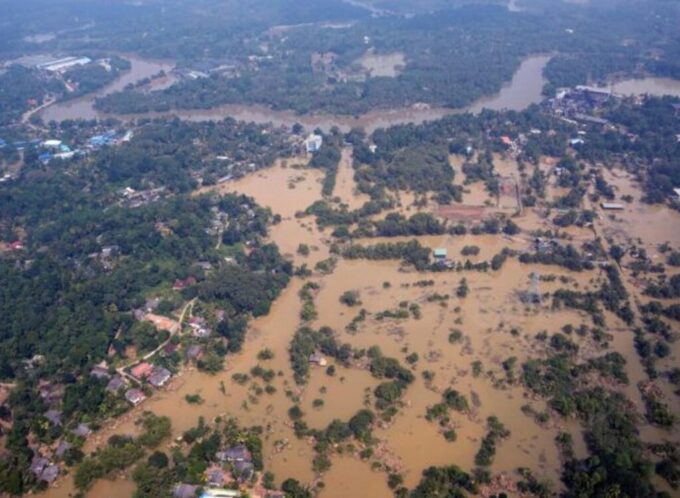
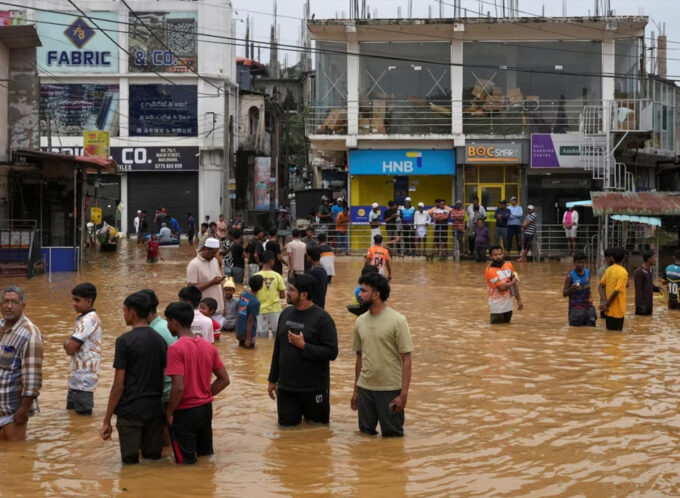



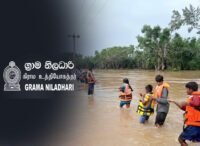

Leave a comment